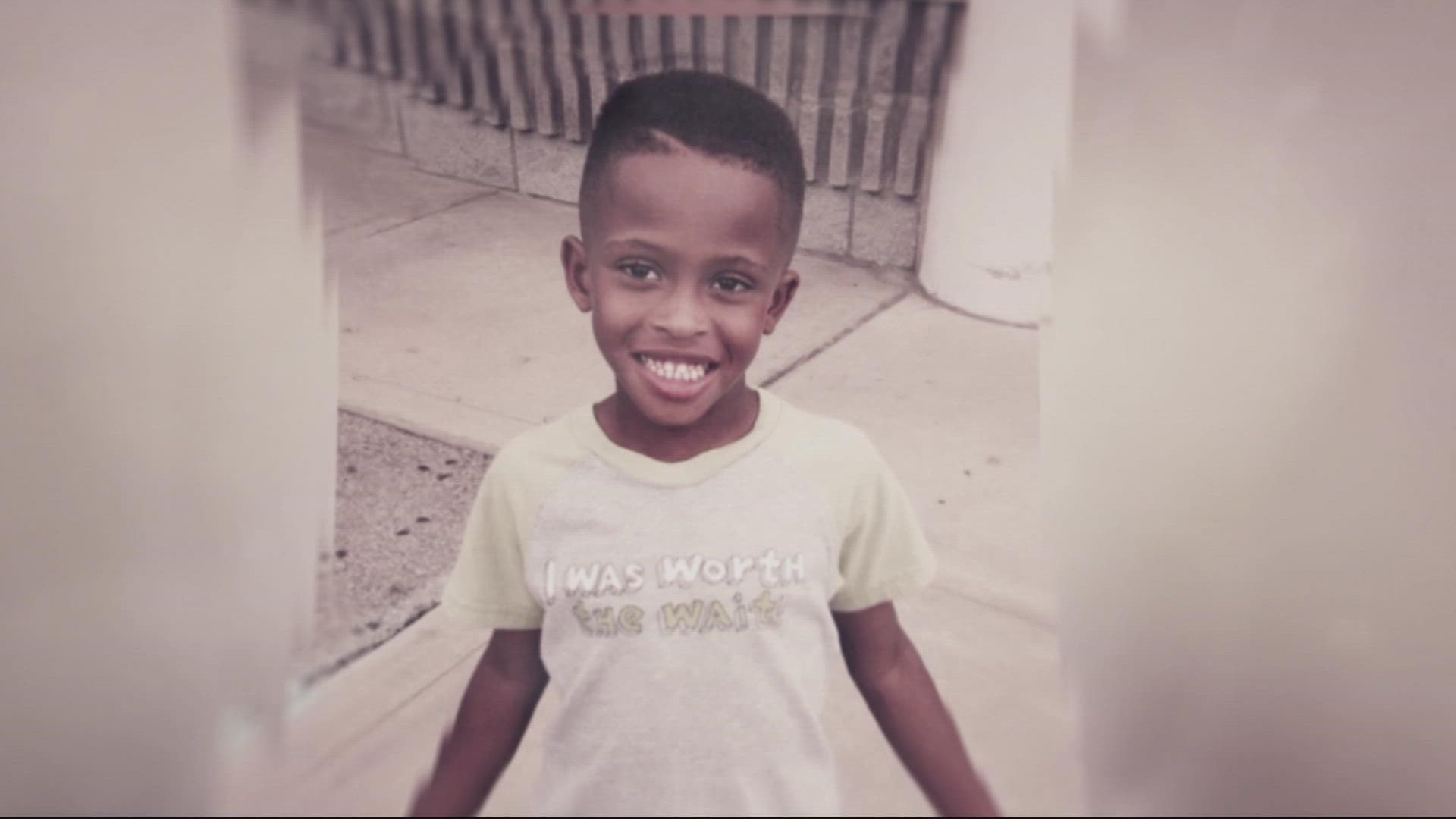PORTLAND, Ore. — This story contains content about death by suicide involving children. If you or someone you know is struggling with thoughts of suicide, help is available. Call the National Suicide Prevention Line at 1-800-273-8255. There are more resources listed at the bottom of this page.
Statistics show young Black children are dying by suicide at nearly double the rate of their white peers, and local suicide prevention nonprofit Lines for Life is among many groups targeting its response to address the growing problem.
"Yes, it's true. Age 10- to 24-year-olds, the second-leading cause of death for Black young folks [is suicide]. The highest rising suicidal population in America right now. It's tragic," said Darryl Turpin, Lines for Life's director of equity and cultural engagement.
Experts believe racism, bullying and trauma tied to violence are all playing roles in the higher rate of suicide among Black youth. Turpin pointed to history as well.
"But we have to look at this systemically, right? We have to look at things like what has been the impact of gentrification, for example, when you take a community and relocate — dislocate. What are the systemic, protective factors that are built into neighborhoods that you are basically destroying?" Turpin said. "When you've got young people growing up in communities where protective factors have been destroyed, you don't have a sense of neighborhood, no economic development, no business owners, poor schools. What are the consequences? What is the residual effect of that? I think we're seeing that."
Lines for Life is doing prevention work by training staff in predominantly Black schools and churches to talk more about mental health and wellbeing, and let kids — and adults — know that it's okay to ask for help.
Lines for Life also has a Racial Equity Support Line, staffed by people with lived experience of racism, who are able to identify with and offer support to people dealing with the emotional impacts of racism, immigration struggles and other cross-cultural issues.
"Mental wellness looks different in communities of color," said Dwight Holton, CEO of Lines for Life. "Even the basic question of defining suicidality. If you ask a young Black man whether he is suicidal, he's almost certainly going to tell you no. But if you ask him if he cares if he lives or dies and he says no, well that's suicidality too."
Holton said it is important to emphasize to everyone that there is hope.
"We know that for every one [person] who dies by suicide there are 280 people who think seriously about it and don't, and find their way forward," Holton said. "It's really important to emphasize for folks that yes, this is a significant challenge, and yes, it's a challenge we need to lean into hard. We need to get to a place where people can deal with their mental health the same way we deal with a broken arm. We know it's busted, we're going to go get some help for it, there are people who can help, it's easy to get the help. That's where we need to get."
He added it's not just talk — hope keeps people alive.
"The reality is that hope is not just a Hallmark card platitude — hope is an evidence-based strategy. We can help by reaching out and providing hope for people and we'll make a difference in people's lives, and we'll save people's lives."
Resources
Lines for Life Racial Equity Support Line: 503-575-3764
Oregon Youth Line:
Call 877-968-8491
Text "teen2teen" to 839863
National Suicide Prevention Lifeline: 1-800-273-8255

